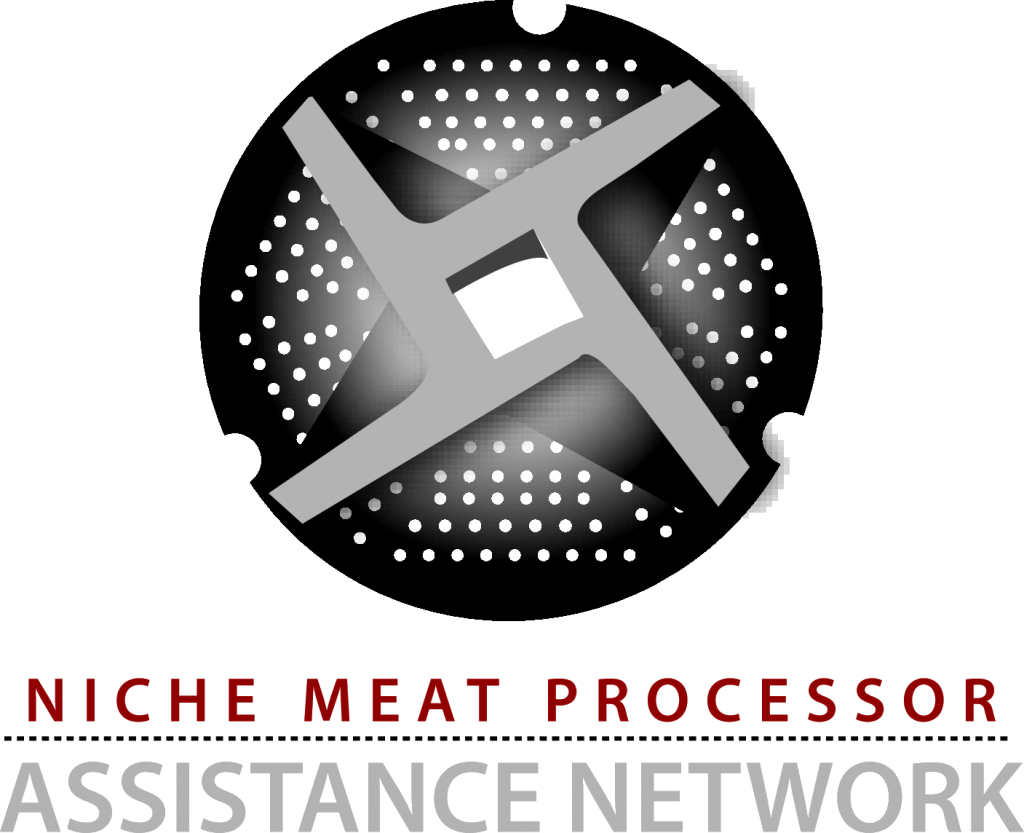<< Back
We all understand the importance of humane animal handling and providing the best comfort to our livestock and poultry at the end of their lives. Not only does this reduce any potential pain and suffering of the animal, but it also produces higher quality meat that is tastier and more nutritious for the eaters. It also creates a calm working environment and makes life easier on the staff of any meat processing facility. And of course, it provides necessary compliance with regulations.
This page is a work in progress and will be added to over time as new resources are identified. It will focus on the following aspects of animal welfare;
Overall Humane Slaughter Guidelines
American Veterinary Medical Association puts together an expert panel every couple years to look at the latest science and generate this comprehensive guidelines report. The report includes history of regulations, design of facilities, slaughter process, slaughter techniques, unique species issues, and religious slaughter. See the latest 2016 Guidelines here.
General Animal Handling (on-farm)
- National Cattlemen’s Beef Association video on setting up your cattle handling facilities: https://youtu.be/CjKvPmo99E4
- Demo of Bud Box for cattle: https://youtu.be/XH-uo9FE6xQ
Transport to Slaughter
- Livestock Transportation Best Practices video from Penn State Extension: https://youtu.be/sG8B6zT3ZEE
- Transporting Livestock Recommendations video from Australia: https://youtu.be/P6wnokOOXyg
- Beef Quality Assurance Cattle Transport video: https://youtu.be/alGrz6uEkyY
- Easy Pig Loading Onto Trailer: https://youtu.be/473ZiEniBuI
- Australian Animal Welfare video (comprehensive): https://youtu.be/SnIQhKZd6vM
- Custom Designed Goat Trailer (have the right trailer for the right species): https://youtu.be/AjrOVcY9XxQ
Clean & Healthy Condition of Animals
- Withdrawal periods (antibiotics and other veterinary medicines)
- Importance of sending clean cattle to slaughter: https://youtu.be/61_gN7U0Fe8
Unloading at Slaughterhouse
- NAMI video of unloading cattle at large packing plant, featuring Temple Grandin: https://youtu.be/VMqYYXswono
- NAMI video of unloading hogs at large packing plant, featuring Temple Grandin: https://youtu.be/LsEbvwMipJI
- NAMI video of unloading sheep at large packing plant, featuring Temple Grandin: https://youtu.be/BoB3tf9Q2AA
- Danish Meat Research Institute video of unloading pigs at large slaughterhouse, includes chute design: https://youtu.be/OZrVlz_hgoM
Slaughterhouse Animal Handling Equipment & Best Practices
Knock Box/Restrainer Design
Stunning Devices
- Electric Stunning of Pigs & Sheep, with Temple Grandin: https://youtu.be/-FEUfkmJQuA
Understanding Consciousness and Sensibility
Religious Slaughter Best Practices
NMPAN was thrilled to have an hour webinar with Dr. Joe Regenstein, one of the world’s foremost experts on religious animal slaughter, to better understand what exactly is Kosher and Halal animal slaughter, how it can be done under USDA inspection, and what are the best practices to assure humane kill under these religious tenets.
Dr. Joe M. Regenstein is a Professor Emeritus of Food Science in the Department of Food Science at Cornell University in Ithaca, NY. He is an Adjunct Professor in the Department of Population Medicine and Diagnostic Sciences, a member of the Program of Jewish Studies and the Comparative Muslim Societies Program. Dr. Regenstein heads the Cornell Kosher and Halal Food Initiative (CKHFI). Dr. Regenstein is now on the advisory board of the Food Diversity Innovation Program at Texas A&M University and on an advisory board for the Islamic Food and Nutrition Council of America. Dr. Regenstein has also worked on a halal standards committee of the Islamic Society of North American and on a committee to develop an accreditation program for the Muslim Society of Britain.
The slide presentation for this webinar can be found here.
An additional paper Dr. Joe authored that deep dives into Kosher Slaughter practices can be found here.
Humane Handling Regulations
- Federal Regulations: Humane Methods of Slaughter Act (1978)- https://www.fsis.usda.gov/wps/portal/fsis/topics/regulatory-compliance/humane-handling
Sample Robust Humane Handling Plans
Poultry Specific Slaughter Practices
- NAMI video of unloading turkeys at large packing plant, featuring Temple Grandin: https://youtu.be/852zxDEAR-Q
Third Party Animal Welfare Auditing
- Animal Welfare Approved by A Greener World
- Slaughter Guidelines for Red Meat
- Slaughter Guidelines for Poultry
- AWA Technical Guide: Why Pre-Slaughter Stunning is Important
- AWA Technical Guide: Why Pre-Slaughter Stunning is Important for Poultry


